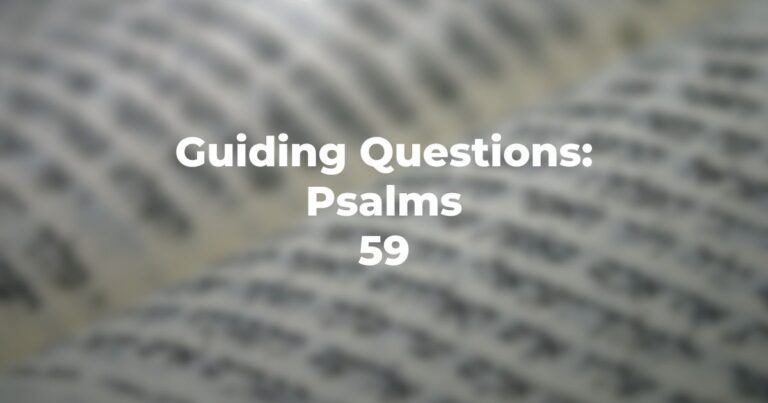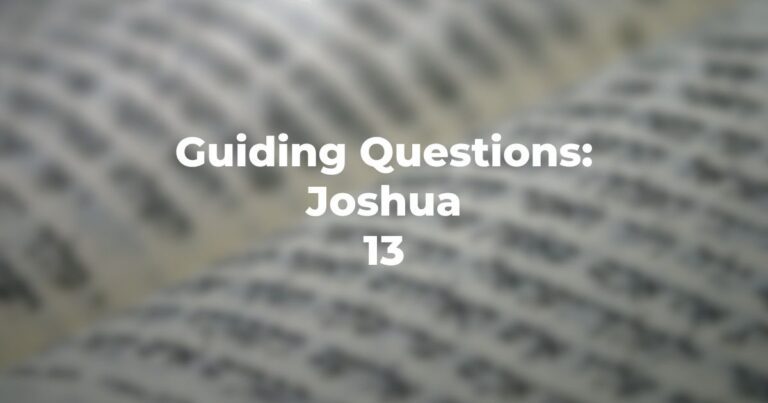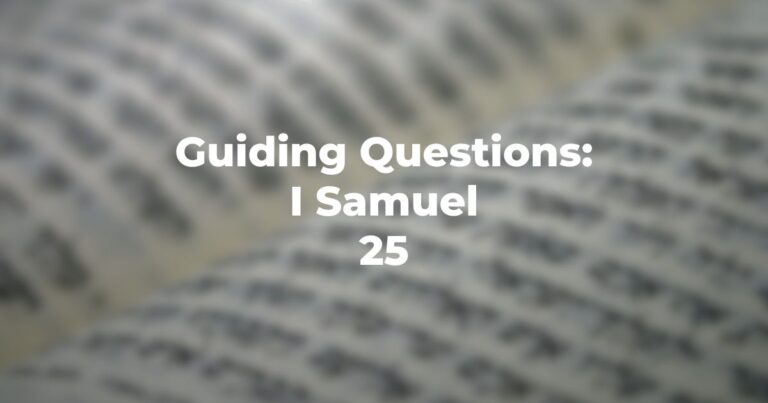- Unlike a number of the Psalms immediately preceding, is there any historical setting for this particular passage?
- Judging from the initial verses (Psalms 55:2-3) is this a plea or an expression of thanks or in some other category?
- How serious were the conditions of the Psalmist as described in Psalms 55:5-6?
- Beginning with Psalms 55:10, does the Psalm appear to be dealing with “personal danger” or, rather, with general moral degeneration in the community?
- Who might the individual be to whom reference is made in Psalms 55:14, and what will the Psalmist and this individual do together (Psalms 55:15)?
- In Psalms 55:16 the fate of the evildoers is set forth but, in contrast, what is to be the fate of the Psalmist (Psalms 55:17 et seq.)?
- In Psalms 55:23, upon whom is one to rely in order to achieve security and good things?
- But, it is assumed that the individual so requesting is in a certain category (Psalms 55:23) — how is he described?
- Finally, in the closing refrain is a summation of what will become of “the evil” and what will become of the good; is this in consonance with other predictions in the earlier Psalms?
Author
-

Exploring Judaism is the digital home for Conservative/Masorti Judaism, embracing the beauty and complexity of Judaism, and our personal search for meaning, learning, and connecting. Our goal is to create content based on three core framing: Meaning-Making (Why?), Practical Living (How?), and Explainers (What?).
View all posts





